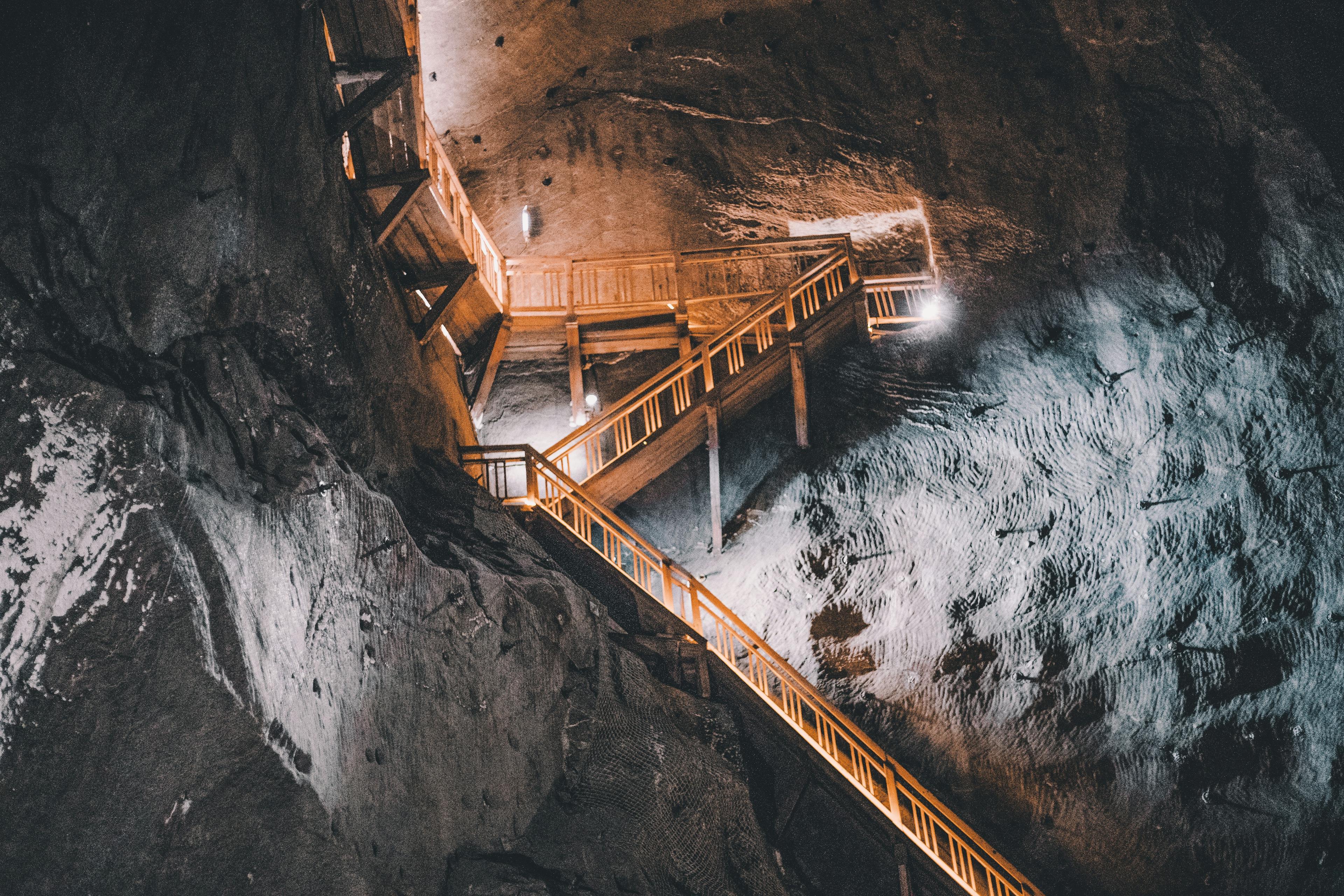652 reads
"Without mining, there is no Bitcoin"
by
September 30th, 2021
Audio Presented by

co-founder of Genesis Digital Assets — the world's leading industrial-scale bitcoin miner.
About Author
co-founder of Genesis Digital Assets — the world's leading industrial-scale bitcoin miner.
